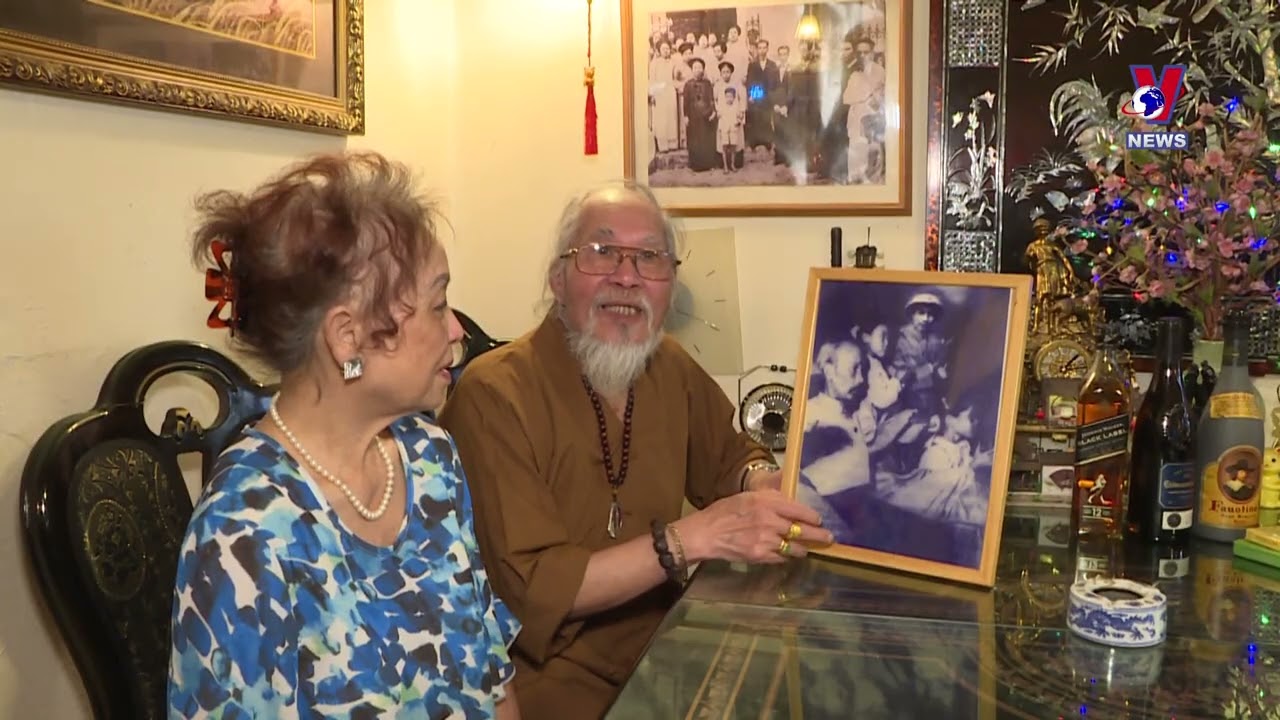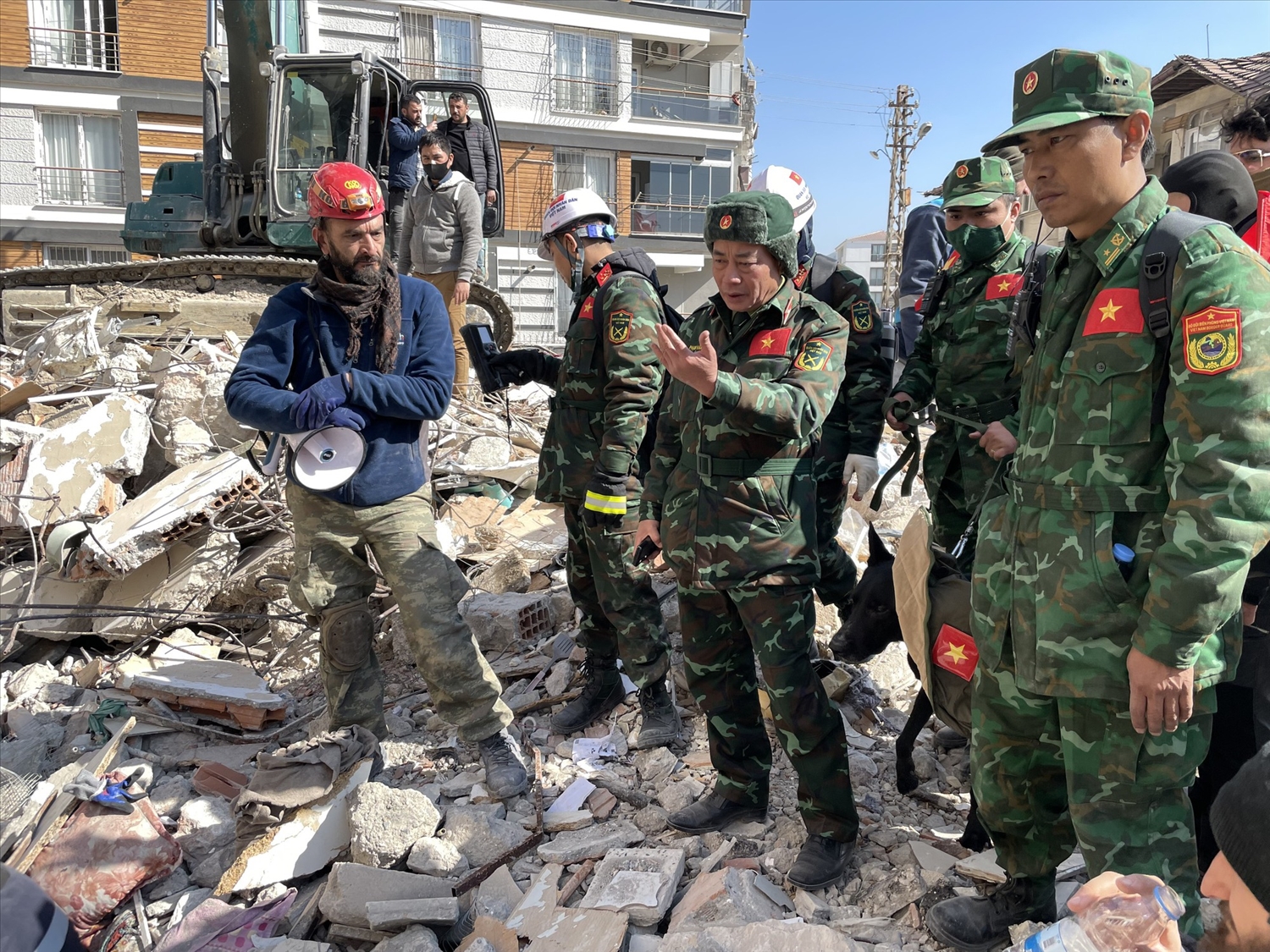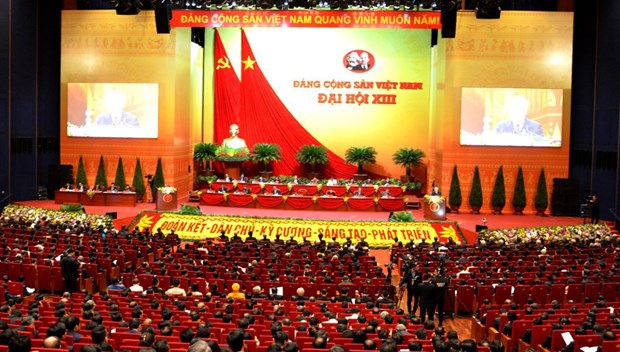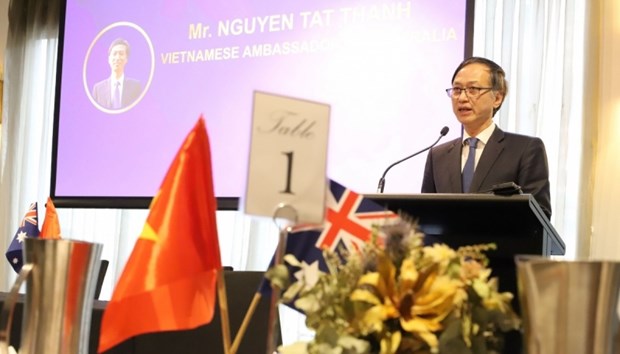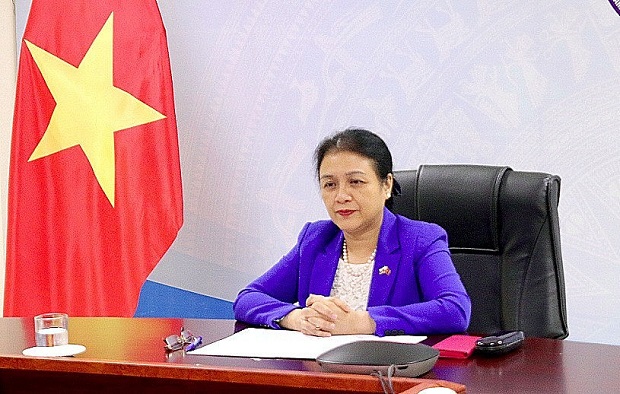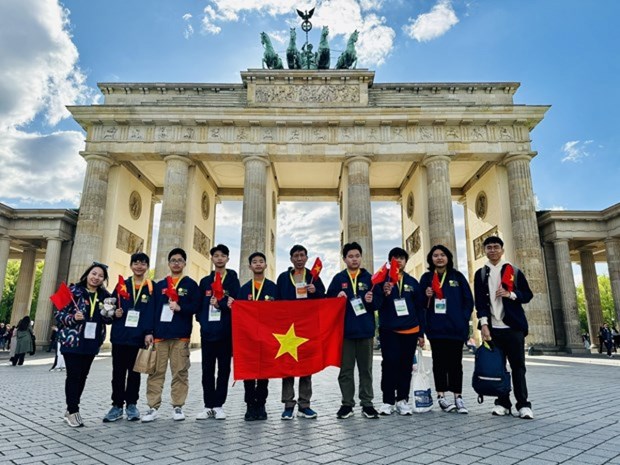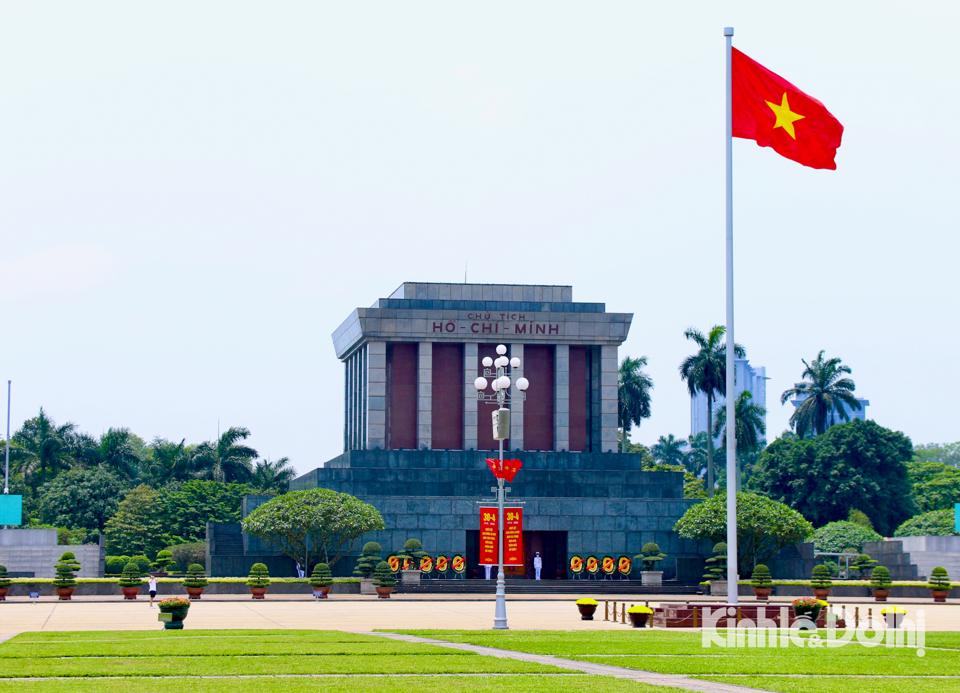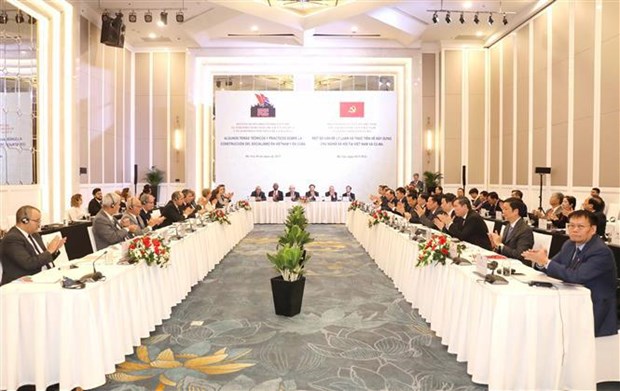The State of ethnically and religiously diverse Vietnam has consistently carried out the policy of respecting and guaranteeing people’s right to freedom of belief and religion, as well as the right to follow or not to follow any belief or religion; ensured the equality and indiscrimination in terms of religion and belief; and protected activities of religious organisations by the law. The country’s efforts and achievements in this regard have been widely recognised by the international community.
The reports also cited the settlement of some cases under the cloak of religion or religious doctrines to seek profit, drive a wedge into national solidarity, or sabotage the State such as the Tuyen Quang provincial court’s imprisonment of 15 Hmong ethnic followers of the heresy of Duong Van Minh in May 2022 and the case at the Buddhist hall of Bong Lai in July the same year to argue that authorities in some localities continued to use violent measures against members of minority religious groups.
By basing on distorted information, both the US Department of State and the USCIRF made wrongful, unobjective, and groundless assessments on the situation of belief and religion in Vietnam.
What can be seen in reality is a clear demonstration of the guaranteed right to freedom of belief and religion in Vietnam. About 20 years ago, there were six recognised religions with 15 organisations, 17 million followers, 20,000 places of worship, 34,000 “chuc sac” (dignitaries), and 78,000 “chuc viec” (officers) in the country. As of 2022, the State had recognised 43 organisations of 16 religions with about 27 million followers, over 53,000 “chuc sac”, some 135,000 “chuc viec”, and more than 29,000 places of worship.
Over the 10 years implementing policies and legal regulations on belief and religion, competent state agencies have granted hundreds of hectares of land for building places of worship. In 2022 alone, 203 places of religious worship were licensed to be built while 283 others were allowed to be repaired and upgraded, rising 60 from the previous year.
This fact is completely contrary to the information cited in the US State Department’s report that authorities destroyed many places of worship, or implemented many projects requiring the revocation of land use rights or the demolition of assets of religious organisations and followers nationwide.
Besides, Vietnam has actively engaged in annual dialogues on democratic, human rights, and religious affairs with partners, including the US, while setting up joint working groups with the US and some other Western countries to directly discuss religious issues. It has also actively provided information on its achievements in ensuring the right to freedom of belief and religion for delegations of foreign parliamentarians and officials coming to work in the country, including a USCIRF delegation that paid a working visit from May 15 to 19.
Those achievements are undeniable, but regretfully the US State Department and the USCIRF still based on much unverified and distorted information from reactionary exiled groups like Boat People SOS, or illegal religious activities of such organisations as the heresy of Duong Van Minh and “Hoi thanh cua Duc Chua Troi me” to issue one-sided assessments and conclude that Vietnam has restricted religious freedom.
It should be repeated that in any country, the right to religious freedom must be practiced in line with law as stated in Article 18 of the International Covenant on Civil and Political Rights: “Freedom to manifest one's religion or beliefs may be subject only to such limitations as are prescribed by law and are necessary to protect public safety, order, health, or morals or the fundamental rights and freedoms of others.”
The arrest of seven members of the Hutaree, a group proclaiming themselves as “Christian warriors” on the charge of attempting against the administration, by the US police in 2012 is one of the many examples showing that in any country, any who abuses the right to religious freedom to break the law will be punished.
US authorities should keep straightforwardly discussing with and receiving official information from agencies of the Vietnamese Government in a goodwill, open, and mutual respecting spirit to issue objective and accurate assessments on the situation of religion and belief in Vietnam, and also avoid affecting the development of the two countries’ comprehensive partnership./.

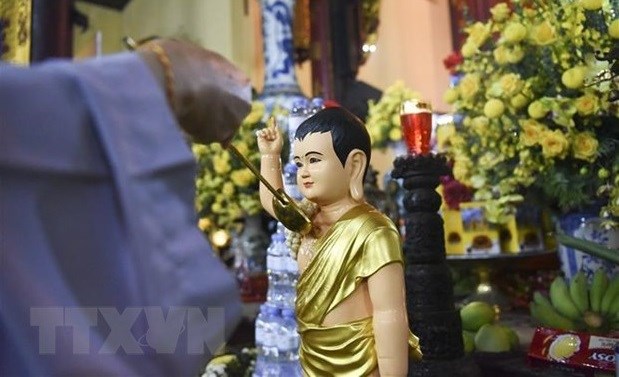
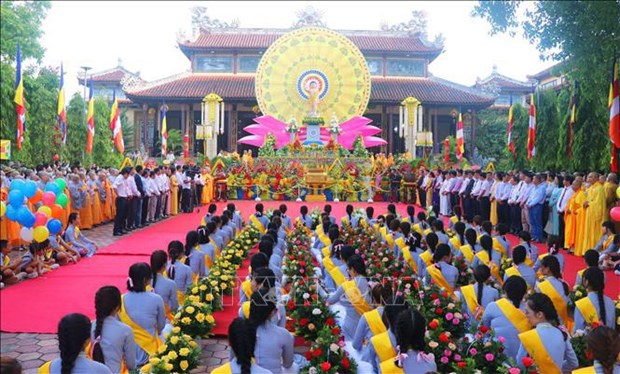
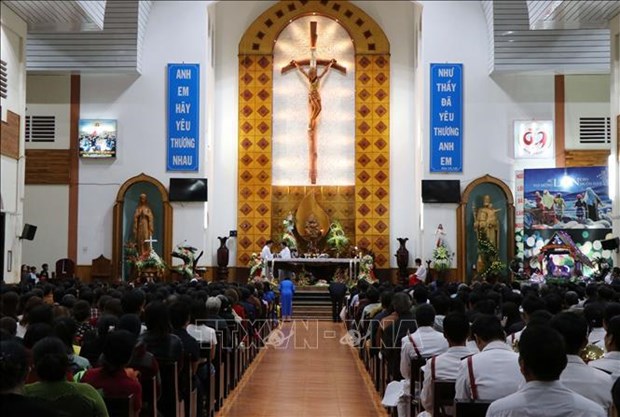
(1).jpg)
